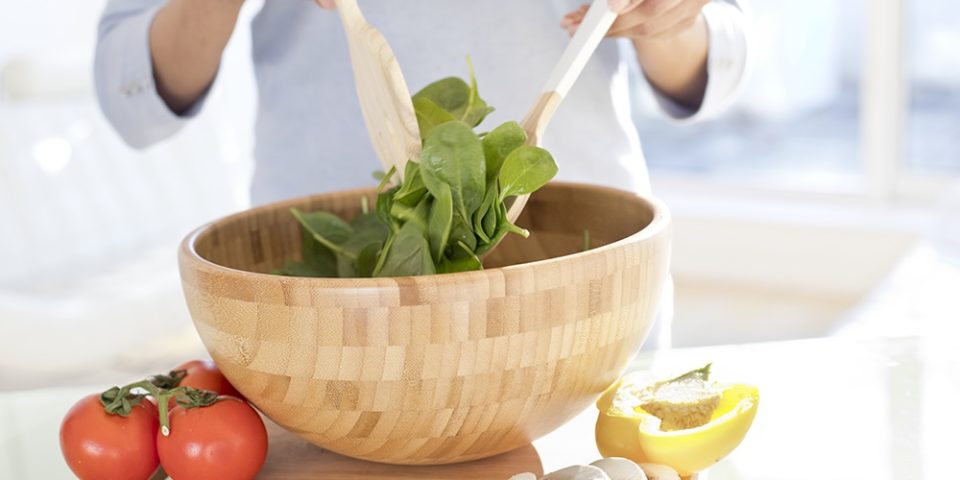Four tips for staying on top of your nutrition during COVID
As we continue to struggle with the stressors of COVID-19, it can be tempting to use food to improve your mood and serve as a distraction from the world around you.
“When people feel depressed or anxious, their food choices tend to change toward sweet, salty and high fat foods, and those food choices can negatively affect the gut,” said registered dietitian Lisa Money.
She offered these nutrition tips to help you better cope during times of stress.
- Adopt a whole food diet approach. Reduce processed snacks and fast foods to improve your gut. Swap burgers and chicken tenders for subs, nut butters or chicken sandwiches on whole wheat bread.
- Increase your intake of fish and omega-3 fortified foods. Aim for two servings a week to help increase the ratio of omega-3 fatty acids to omega-6 fatty acids. Add some tuna wraps and salmon to your weekly diet. Consider adding DHA and EPA-fortified eggs and milk to your breakfast.
- Include at least two servings of colorful fruits or vegetables every day. Some people eat fewer than two vegetables per week. Try adding vegetables into other foods you are already enjoying, like mushrooms to your weeknight casserole or spinach to your lunchtime sandwich.
- Be consistent with carbohydrate intake. Don’t skip meals. This could leave you with low energy from low blood sugar. Instead, enjoy meals and snacks every 3–5 hours throughout the day to keep your energy and blood sugar levels up.
“It’s important to remember that we are all experiencing stressors from fluctuating school schedules, family illnesses and even loss of loved ones this season,” said Money. There is so much out of your control, but one thing you can control is the food you eat to fuel your body. A proper diet can be a source of support and help you cope with all the unknowns.
Need care today?
Use an E-Visit for quick, convenient care. Just go online, answer questions about your symptoms and submit.
Get Care Now

